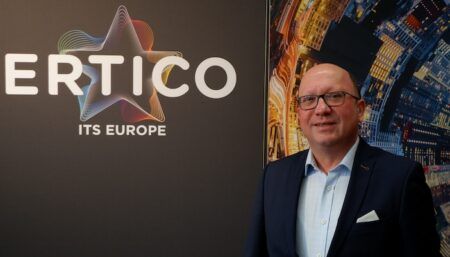UK research organization the Alan Turing Institute and the Toyota Mobility Foundation are collaborating on a project to transform the way cities are planned and managed, using artificial intelligence (AI) to optimize vehicle flow within urban mobility systems.
The UN predicts that by 2030, urban areas are projected to house 60% of the world’s population. In addition to increasing population in metropolitan areas, cities themselves are changing. There is an increase in ridesharing platforms, with changes in mode choices, such as cycling, and same-day delivery fleets, which affect traffic patterns. While environmental standards are improving, congestion in urban environments needs to be managed to maintain our health in cities. The objective of the new ‘Optimizing flow within mobility systems with AI’ project is to transition complex traffic management from static systems into dynamic, optimized systems that are managed in real time across many types of mobility.
Managing traffic and optimizing traffic signals, both vehicular and pedestrian, within cities has long relied on traditional modeling and forecasting. Real-time events, changing conditions and evolving mobility patterns mean existing systems can no longer keep pace and adapt to needs in urban environments. Due to cutting-edge data science techniques and by working with real-time data and communications, city planners now have new tools at their disposal. This creates the potential to dramatically improve the way cities are run.
Spanning 18 months, the new collaboration brings together researchers and software engineers with expertise across mathematics and data interaction, from the Turing Institute and the Universities of Cambridge and Manchester, and mobility expertise from the Toyota Mobility Foundation. They will be working with data providers and government managers underpinning Future Cities, as well as drawing upon expertise from the Turing and partner universities’ ongoing work in the area with the Greater London Authority.
Potential outcomes of the project include:
• Integrating an AI system for traffic signal control;
• Building a platform for interactive data manipulation to monitor and predict traffic behavior, and to test planning scenarios;
• Finding mechanisms for fleet operators and cities to work together, for example by sharing data about congestion or pollution hot spots, and rerouting around the problem before it becomes serious.
By combining real-time operations with periodic monitoring and long-term planning, the outcomes of the project will be useful to urban planners managing current conditions in cities, as well as preparing them for the future. A data-driven traffic management system should help optimize air quality, reduce energy consumption, and improve system capacity and resilience.
“Our vision is that city planners and operators should have a system that shows them real-time data feeds, lets them analyze how the city is working, integrates mathematical and computer modeling, as well as machine learning models, so that they can test scenarios, and gives them insight into when behavior patterns are changing,” explained Sir Alan Wilson (above right), CEO of the Turing Institute and lead researcher on the project. “Because of data and new technology, transport patterns can now change dramatically in a short time. We hope that this will lead to improvements in health and mobility for city populations, as well as safety and efficiency in traffic management.”




